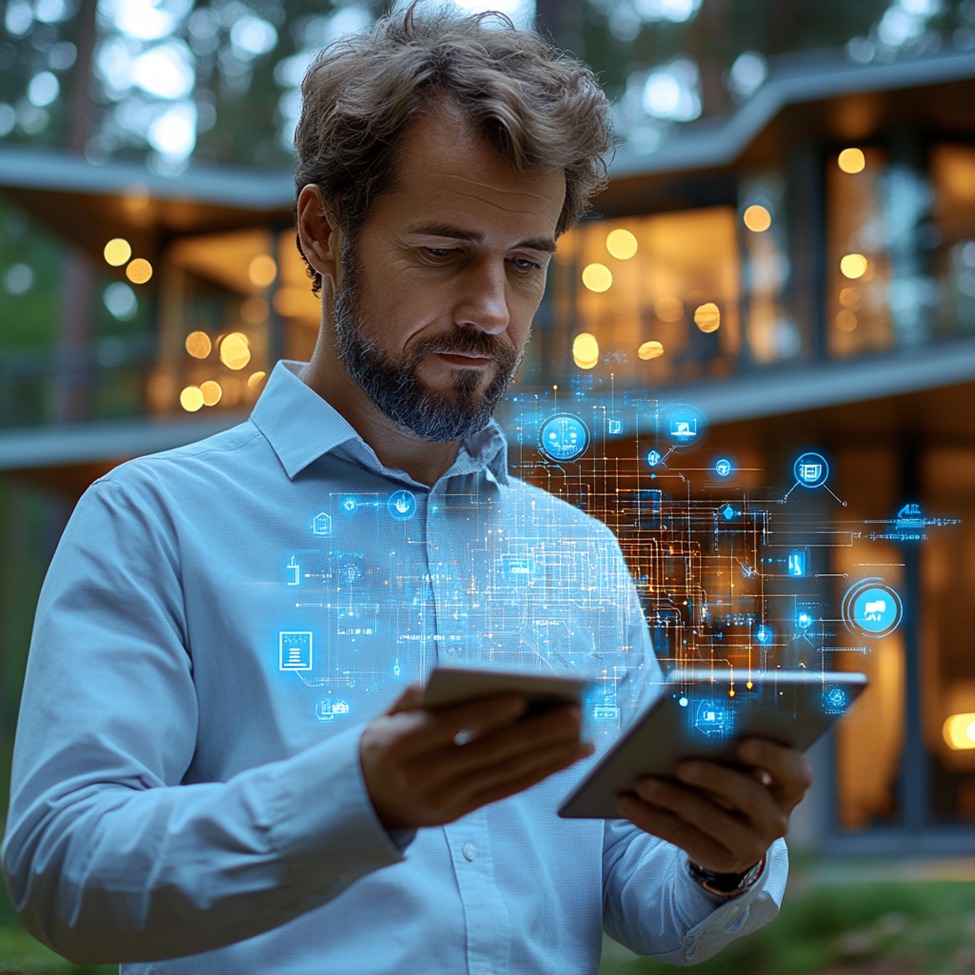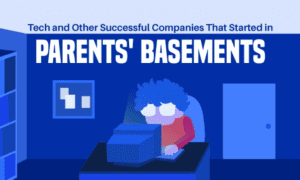The intersection of property technology (PropTech) and traditional home services has created new investment opportunities that many tech-focused investors overlook. While venture capital floods into software platforms, specialized waterproofing contractors firms are quietly integrating IoT sensors, AI-driven moisture detection, and blockchain-verified service records to transform their industry. Forward-thinking residential waterproofing contractors businesses now leverage data analytics to predict structural vulnerabilities before water damage occurs, creating recurring revenue models that resemble SaaS businesses more than traditional construction services. This technological evolution of established industries represents an overlooked segment of the PropTech ecosystem with significant growth potential.
The Hidden TechFin Opportunity in Property Protection
The waterproofing sector might seem far removed from fintech innovation, but closer examination reveals surprising parallels to the digital transformation journey of financial services. Just as banking evolved from physical branches to mobile-first experiences, property protection is transitioning from reactive repairs to proactive, data-driven prevention systems.
This evolution creates multiple investment opportunities across the value chain. Hardware startups developing next-generation moisture sensors and water detection systems are securing significant funding as they build the infrastructure layer of smart property protection. These IoT devices form the equivalent of payment terminals in the financial ecosystem – essential infrastructure that enables broader service offerings.
Software platforms aggregating waterproofing service providers are creating marketplace dynamics similar to early fintech payment processors. These platforms standardize pricing transparency, implement quality control metrics, and provide the customer acquisition channels that traditional contractors previously lacked. The result resembles the consolidation pattern seen in financial services, where technology-enabled platforms aggregate fragmented service providers to create enhanced customer experiences.
Blockchain Applications Creating Trust in Traditional Services
Smart contracts and blockchain verification are finding practical applications in the waterproofing sector, solving the perennial trust issues that plague home services. Innovative contractors now register completed waterproofing installations on immutable ledgers, creating verifiable service records that transfer with property ownership.
This application solves a genuine market inefficiency. When purchasing a home, buyers typically have limited verifiable information about structural improvements like waterproofing. Blockchain-verified installation records enable contractors to offer transferable warranties secured by smart contracts, creating premium service tiers with higher margins and recurring revenue potential.
The resulting audit trail of property maintenance resembles the transaction history in financial services. Just as payment processors provide transaction verification, these blockchain implementations create trusted property service records. Early adopters of this technology report 30-40% premium pricing capabilities based on the enhanced trust and transferability of their service guarantees.
Data Analytics: Transforming Reactive Services into Predictive Models
The most sophisticated waterproofing companies have evolved beyond reactive service models through the application of predictive analytics. By aggregating historical service data, soil composition, groundwater patterns, and structural characteristics, these companies develop proprietary algorithms for predicting water vulnerability.
This transformation parallels how fintech lenders use alternative data for credit decisioning. Traditional banking relied primarily on credit scores, while innovative lenders incorporate thousands of data points to assess risk. Similarly, advanced waterproofing contractors leverage multiple data sources to identify properties at risk before damage occurs.
The business model implications are significant. Rather than competing for emergency repair services, analytically-driven contractors offer preventative maintenance subscriptions based on property-specific risk profiles. This transition from transaction-based revenue to recurring service relationships mirrors the SaaS transformation that has driven technology valuations across other sectors.
IoT Sensor Networks: The Early Warning System for Property Damage
Sensor technology has created entirely new service categories within waterproofing. Moisture detection networks installed during waterproofing procedures create ongoing monitoring capabilities that transform one-time service relationships into continuous protection offerings.
These systems function like security monitoring for water intrusion, alerting property owners to microscopic moisture changes before visible damage occurs. The most advanced implementations integrate with smart home ecosystems and property management platforms, creating a protective layer of environmental monitoring around high-value assets.
The data generated by these sensor networks becomes increasingly valuable over time. As historical performance data accumulates, machine learning algorithms improve detection accuracy and predictive capabilities. This creates the same type of network effect and accumulated data advantage that has driven fintech valuations in other segments.
API Ecosystems Connecting Property Services
The development of standardized APIs for property services represents perhaps the most significant technical development in the waterproofing sector. These connection points enable waterproofing systems to integrate with broader property management platforms, insurance services, and real estate valuation tools.
Insurance carriers now offer premium discounts for properties with verified waterproofing and active monitoring, similar to how telematics has transformed auto insurance pricing. These integrations create incentive structures that drive consumer adoption while providing additional revenue streams for waterproofing service providers.
Real estate platforms increasingly incorporate verified property improvement data into valuation algorithms, creating quantifiable returns on waterproofing investments. When these improvements are documented through verified digital records, they create measurable property value enhancements that benefit both homeowners and service providers.
Investment Implications: Where Smart Money Finds Value
For technology investors, the waterproofing sector offers multiple entry points with attractive characteristics. Hardware startups developing next-generation sensors provide pure technology plays with clear intellectual property advantages. Software platforms aggregating service providers offer marketplace economics with proven revenue models.
The most intriguing opportunities may exist in hybrid models that combine physical services with digital platforms. Companies that integrate installation expertise with proprietary monitoring technology create defensible market positions through both service relationships and technological advantages.
Acquisition activity in the sector has accelerated as traditional construction services companies recognize the value of technology integration. Strategic buyers seek capabilities that transform their business models from project-based to recurring revenue streams. This acquisition demand creates clear exit pathways for early investors in waterproofing technology ventures.
Venture investors familiar with fintech unit economics will recognize familiar patterns in the waterproofing technology sector. Customer acquisition costs for property services remain lower than many pure digital offerings due to the high transaction values involved. Lifetime value metrics benefit from the essential nature of water damage prevention, creating attractive LTV/CAC ratios for well-executed concepts.
Conclusion: The Technological Transformation of Essential Services
The evolution of waterproofing services demonstrates how technology transforms even the most traditional industries. By integrating sensors, analytics, blockchain verification, and API connections, forward-thinking contractors create value propositions that extend far beyond conventional construction services.
For technology investors, this sector represents an opportunity to apply proven digital transformation principles to essential property services with substantial market sizes. The resulting businesses combine the recurring revenue characteristics of subscription models with the defensible positions of physical service relationships.
As property technology continues evolving beyond obvious applications like listing services and mortgage platforms, astute investors will find compelling opportunities in essential services enhanced through technological innovation. The waterproofing sector exemplifies this trend, creating investment prospects that bridge the physical and digital aspects of property ownership.



































